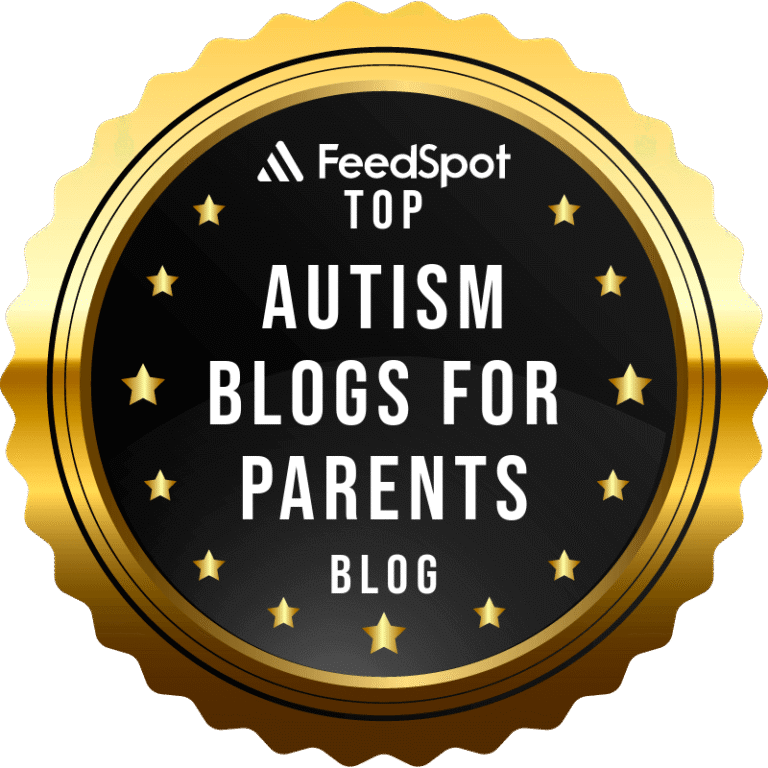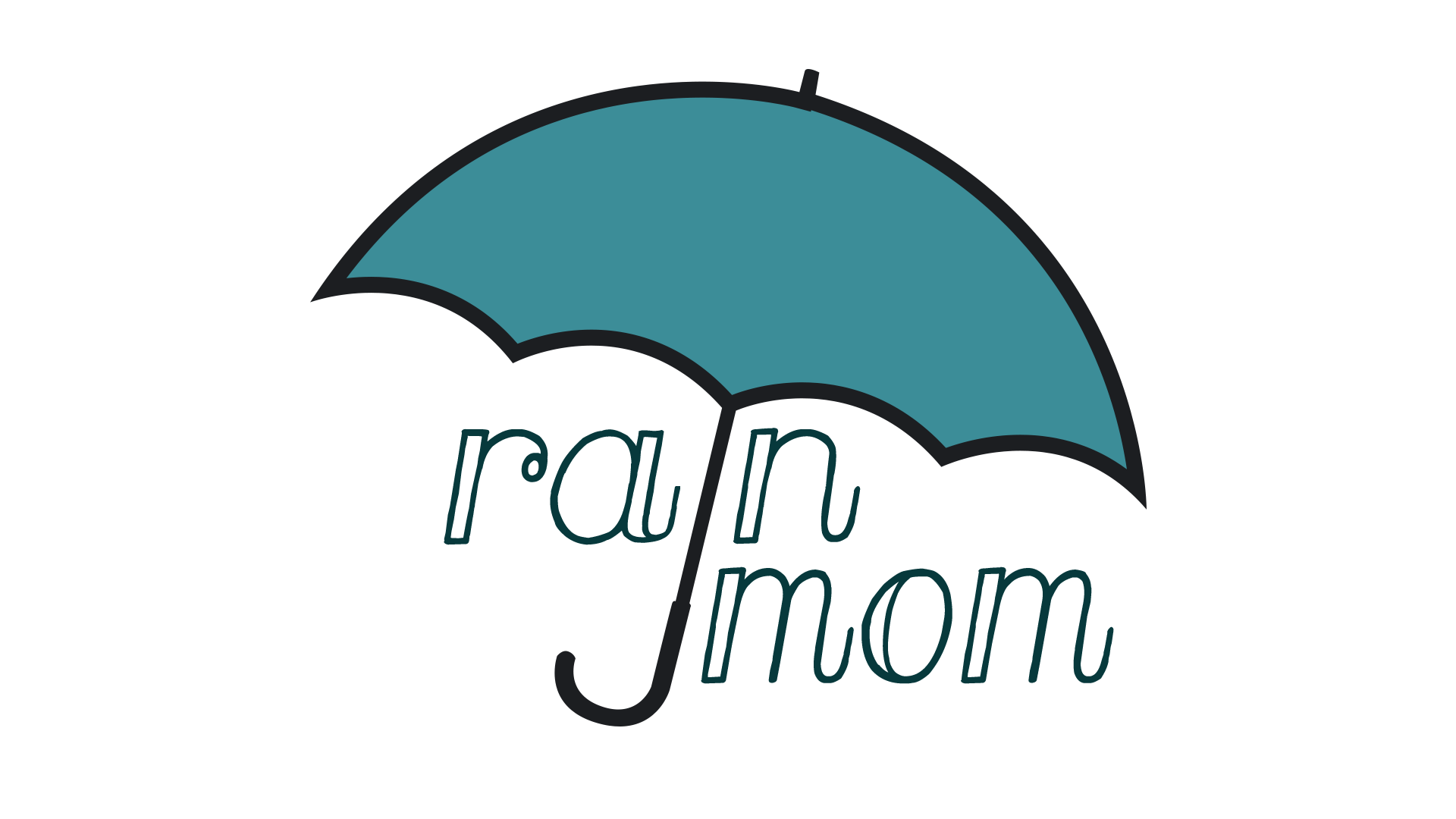
When the Rain Began to Fall: October 1998
By Kristi | Published | 3 Comments
There are moments in our life we can recall so vividly, ones that replay in our minds over and over. We remember every detail, what was said, where we were. I had my umbrella ready, but it would be little protection from the blast I would encounter on that stormy October day, 1998: the day Jonathan was diagnosed with autism.
Almost a year prior to that day, my suspicions that autism was a factor in Jonathan’s behavior increased with each passing day. At the age of 2, his language skills began to slide; he used more finger-pointing for what he wanted instead of asking and spent more time isolating himself, not engaging in play with his sister. At his 2 year check-up, our pediatrician seemed unconcerned and very confident that Jonathan’s language would increase. According to him, boys tended to be slower at acquiring language, especially for one who had a very verbal older sister as Jonathan did.
I mentioned to the pediatrician that at times, Jonathan would line up his cars but not really play with them. He also liked to watch certain parts of videos over and over again and didn’t make eye contact with strangers. Again, he seemed unfazed by this information and chalked it up to a “boys will be boys” scenario. I think part of me was relieved when we left the appointment because I had started my own investigation and what my searches revealed was a very complicated and unknown prospect. Since he was a doctor, I put my confidence in his analysis. But by the time Jonathan was 2 1/2 years old, that confidence was gone.
I found a new pediatrician, and the experience during that visit was the complete opposite of the one I had 6 months earlier. I spoke to him about my concerns and he proceeded to do some tests there in the office. Something I noted immediately was that Jonathan did not make eye contact with the doctor, even when he spoke directly to him. Jonathan was also unable to complete any of the tasks he was asked to perform.
At that point, my heart sank and I knew my suspicions were now a likely reality. The doctor was very kind and wanted to do some further testing to rule out hearing loss as a possibility. But I knew Jonathan could hear just fine, and I wasn’t willing to wait any longer. I dove right in and asked the question: “You think he has autism, don’t you?”. He was a bit taken aback by my directness, but I could tell by the look on his face that he did in fact suspect autism was the likeliest explanation.
Nevertheless, we proceeded with the hearing test, which Jonathan passed with flying colors. We were then referred to the Birth to Three Education Services. They asked many questions regarding Jonathan’s development and scheduled several appointments for a series of tests. Ultimately, they saw developmental delays and suggested a formal diagnosis so that Jonathan would qualify for future services and support, leading us to the first of two psychiatrists.
Jonathan was in rare form at the first psychiatrist appointment. He climbed all over the doctor’s office and we could not get him to sit still! That led the doctor to believe that Jonathan was not autistic but rather had ADHD. However, that did not explain why Jonathan could not verbalize or interact with others. It wasn’t until we went to the Children’s Hospital in Omaha for the second psychiatrist appointment that my hunch was officially corroborated by a doctor.
At that point, I was pretty much a rookie to the world of autism. When we arrived, I was directed to sit outside of an observation room fitted with a two-way window. Inside the room, there were toys and various other items, as well as two therapists waiting for Jonathan. One of the therapists escorted him inside and commenced the tests, with the psychiatrist and another observer watching the interactions from the other side of the window.
As they put Jonathan through his paces, the woman standing next to the psychiatrist made giddy observations such as “Oh look, there was a hand flap!” and “He’s toe walking!”. As a mother witnessing this, it was like they were enjoying a movie. I could feel my anger start to rise as I watched Jonathan try to do what was being asked of him. The excited comments continued until I finally couldn’t take it anymore. I turned to both of them and said: “You do realize I’m his mother, and I can hear every comment coming out of your mouth, right? For your information, he is my son and not some lab experiment or animal at the zoo for your entertainment”. They quickly mumbled some apologies and refrained from further commentary while they wrapped up the remaining tests.
I guess autism really wanted to make a dramatic entrance because just as we were about to enter the doctor’s office to discuss the results, the tornado sirens went off and we were directed to the basement. I tried to get the doctor to divulge her findings while we waited for the storm to pass, but she kept averting my questions and saying she would like to wait until we were in her office.
At that point, I surmised what the news would be. What I hadn’t planned on was how that news would be delivered. As we made our way back into her office, she confirmed my suspicions by telling me her diagnosis for Jonathan which, at the time, was PDD-NOS (Pervasive Developmental Disorder-Not Otherwise Specified).
But it was her follow-up comment that sent me reeling. Her exact words were: “If you want to have any kind of life at all, I would put him in an institution now and get on with your life. After all, you do have two other children to consider”. Stunned by that recommendation, I felt my anger return for the second time, and my love for my son took center stage.
My response was less than eloquent, but it made my point: “Well it’s a damn good thing he’s my son and not yours because despite what you think, Jonathan will have a life and it won’t be in an institution”.
She seemed surprised by my reaction, and I wonder now if that wasn’t the first time she had given the same advice to other parents. I also wonder how many parents there are who felt that was their only option, and it saddens me to think of those who went on to take her advice, believing there to be no other options.
As we left her office, I remember so clearly the emotions I felt. Anger, fear, and sadness bubbled to the surface along with the tears that had started running down my face. I vividly recall holding Jonathan’s hand as we entered the elevator, looking down at him, and seeing him stare up at me with the biggest smile on his face.
My beautiful son, full of life, love, and promise. On that day, autism entered our lives, and I became Rain Mom.






Oh Kris…this just breaks my heart. You write so beautifully, I feel as if I’m in the doctor’s office with you.
Thank you for sharing.
I appreciate how you already knew, the gut instinct…and that you found the joy and courage to move forward